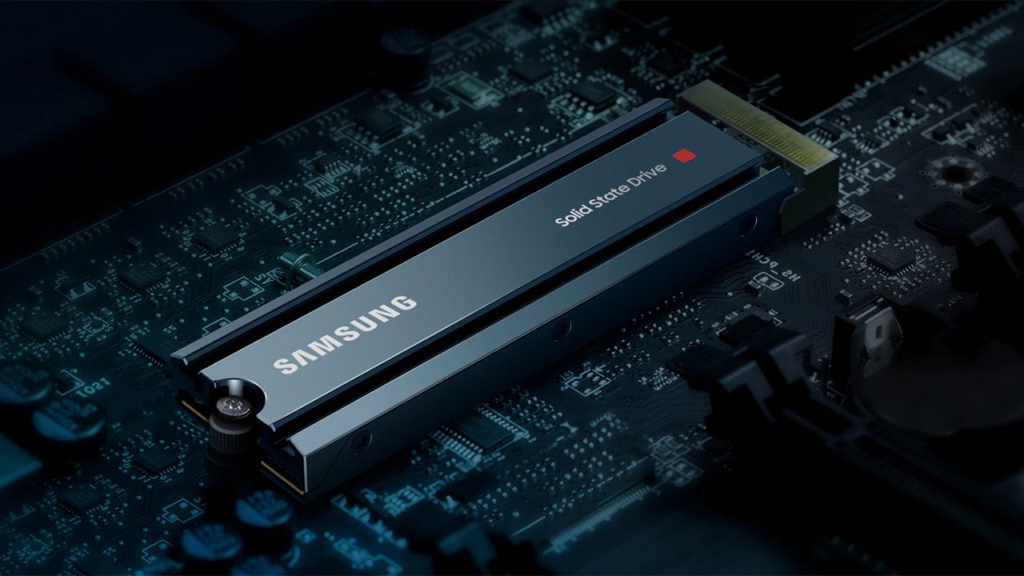In the world of storage devices, the popularity of Solid State Drives (SSDs) is rapidly increasing. Compared to traditional Hard Disk Drives (HDDs), SSDs offer faster read/write speeds and superior performance. But when it comes to the decision of whether to invest in a 2TB SSD, it may be confusing for some to determine if the gain in performance is worth the cost. In this blog post, we will explore the reasons for and against the investment in a 2TB SSD.

Comparing the 2TB SSD to a HDD
When comparing SSDs to HDDs, the performance differences are readily clear. This performance gain also holds true with larger drives, including the 2TB capacity. A 2TB SSD operates at speeds that exceed an HDD’s speed, which allows for improved application loading, faster boot times, and better file transfer speeds. Its most significant advantage is its read and write speed, which transmits data up to six times faster than HDDs. It results in reduced response times, high FPS (frames per second), and fluid gameplay.
Performance comparison aside, there are a few essential things to keep in mind regarding SSDs. The primary disadvantage of the 2TB SSD is cost. An SSD of this size can twice as much as a traditional HDD of identical capacity. Therefore, before going for an SSD, it is crucial to weigh the cost-benefit against the performance increase.
What Benefits Does a 2TB SSD Provide?
Despite the cost being a concern, there are still many benefits that an investment in a 2TB SSD can provide. Let’s go over a few examples:
- Improved loading and boot time speeds: When compared to an HDD of similar capacity, a 2TB SSD considerably reduces loading and bootup times. Bigger games, applications, and essentially any files that the system saves in SSD can load in mere microseconds.
- Application Performance Improvements: 2TB SSD’s offer faster read and write times and provide quicker access to an application. Program wait times for intensive Application processing tasks like; VPN Configuration, File encryption/decryption & Deep scans can be reduced from minutes to seconds by upgrading to proper storage medium – 2TB SSD
- Improved System longevity: Unlike an HDD, meaning hard disks, SSD memory doesn’t have moving parts. An SSD is resilient to hardware issues due to broken read/write heads or mechanical struct damage, rendering moving parts disposable. Solid-state storage devices evaluated under stress tests tend to have an extended life cycle than hard drives, making them more valuable and long-lasting.
Performance comparison of a 2TB SSD vs. Smaller SSD’s
It is essential to note that the size of an SSD has no effect on its operating speed. In working with virtual machines or patches could sometimes take an extended amount of time, where SSD storage preferred over that of a hard drive. An SSD that’s two times the dimensions of another SSD won’t allow a computer to operate any faster. Therefore, choosing a smaller and less expensive drive altogether could indeed add significant value.
Apart from its working speed, most computers imposing SSD in conjunction with HDD speeds up module functionality as data utilization takes place in two places. To keep the OS and the most commonly-used applications non-appropriate to be placed in 2TB-storage member so as to optimize the disk space.
The usage of a 2TB SSD comes with great benefits, but, to an analytical mindset, may not be sufficient to justify its cost or fully utilized potential. Before dumping money onto the storage upgrade, assess the user’s computing purpose and intended aim from this augmentation. A useful piece of purchase advice guides investing in a smaller SSD, coupled with S/AS(eSATA) High Capacity External hard drive dock, which provides quick backup and has ample space on lower cost.
A 2TB SSD Inductively justifies itself abundantly over an ideal user workstation use case deeply into Media creation with formidable underlying Machine Performance drawn with sheer gravity which 2TB of storage sets aside for those direct encoding and device wireframe storage.